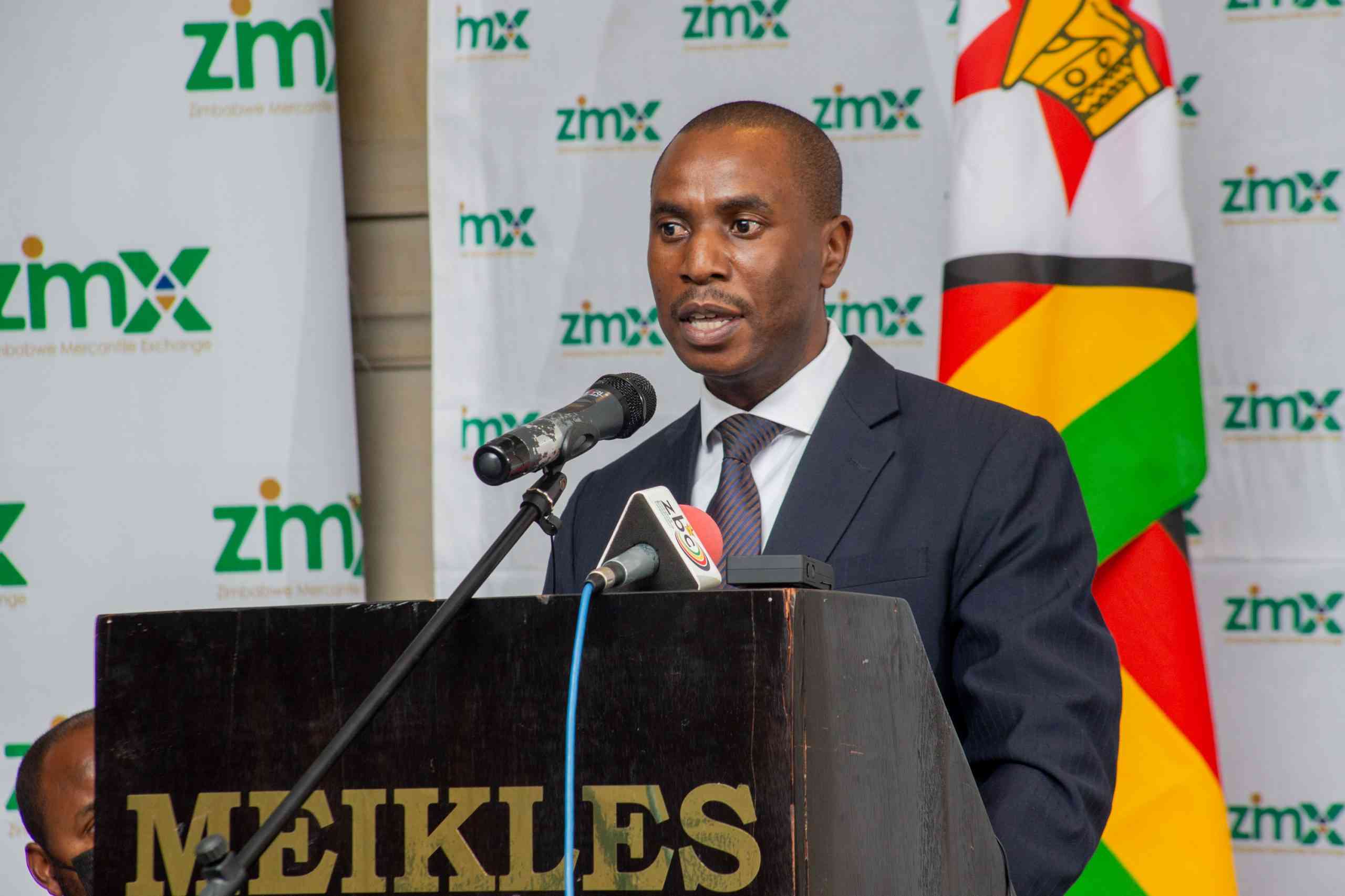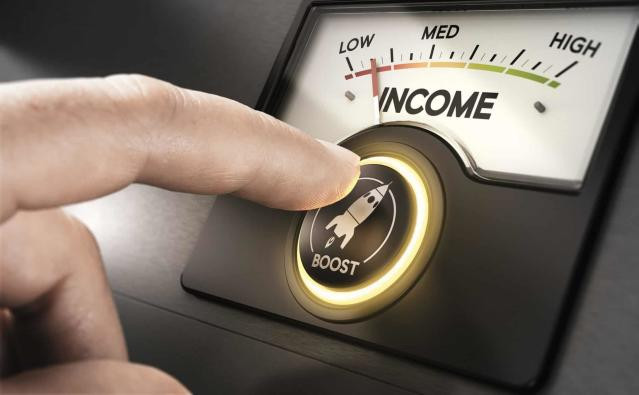
THE Zimbabwe Mercantile Exchange (ZMX) has made significant progress since inception last year, issuing more than 200 000 tonnes of warehouse receipts during its pilot window, an official has said.
The ZMX is an agricultural commodity trading platform with automated electronic warehousing and receipting capabilities.
Speaking during the platform's buyers’ breakfast forum on Friday, ZMX CEO Collen Tapfumaneyi said they have made significant strides since inception on October 18, 2021.
"Milestones so far, we have registered 22 warehouses and we have five financial institutions,” Tapfumaneyi said.
“These are lenders that have come on board to express their interest to fund against various commodities.
"We have nine merchants that have registered and we have three commodities out of the 49 that we have listed so far because we have been in the pilot window, but having these sessions is now a signal to say we are now getting out of the pilot and we are now getting full blown.
"We have 49 commodities because we added a lot of horticultural and livestock commodities.
“So far during the pilot window, we have issued 220 000 tonnes of warehouse receipts.
- Zimbabwe Mercantile Exchange puts wheat support structures
- ZMX issues 200 000 tonnes of warehouse receipts
- Zim Mercantile Exchange: Revolutionising agricultural trading
- Commodities exchange offers farmers relief
Keep Reading
“These are largely on maize."
He said all the modalities to start trading wheat have been put in place and next week they will start trading the commodity.
“We will be now soon listing all the other grains and oil seeds commodities, but as far as horticulture and livestock are concerned, we are inviting warehouse operators that can provide specialised facilities that enable handling of these commodities," he said.
Tapfumaneyi said trading of non-strategic products will be based on a continuous auction basis and all buyers and sellers are allowed to participate.
In the non-strategic products, he said price is moved by market forces that are supply and demand and are allowed to fluctuate within set bands.
Tapfumaneyi pointed out that the wholesale market for strategic commodities will only operate in the declared "Wholesale Market Period," which is declared by the exchange after consultation with the government.
"The auction will have an opening price that closely follows the economic value for the respective commodity,” he added.
“This price will be calculated using the average from various agriculture commodities reference markets.
"In the auction, the prices are only allowed to move within a 20% band on both the upside and the downside."
The ZMX chief executive said Zimbabwe stands to benefit from this initiative in the sense that there's now incentive to produce and maintain quality standards.
He said there is punishment for poor quality and incentive for good quality.
ZMX chairman Derek Odoteye said the platform has a potential to change lives of Zimbabweans.
“It has the potential to go beyond our borders by connecting markets abroad to meet your demands as offtakers, processors, and producers of various commodities," Odoteye said.
Agricultural Marketing Authority CEO Clever Isaya, who was represented by Peter Mudzimire, head of compliance, called on investors to consider setting up warehouses for horticulture and livestock so that these commodities could also be traded on the platform.
"We are also looking for export opportunities to be also part of the ZMX future pathways," Isaya said.
The ZMX was designed to curb warehousing and price discovery challenges relating to farmed commodities, which local farmers encounter in their operations.
The initiative also seeks to deal with challenges encountered by farmers in the marketing of their agricultural produce, which include limited and often costly logistics and inappropriate or inadequate storage facilities.
The problems resulted in farmers incurring significant post-harvest losses.
This year, the government approved the acquisition of 20% shareholding in the ZMX and committed up to US$360 000 as the capital contribution.
Other shareholders are Financial Securities Exchange (Private) Limited with (22%), TSL Limited (22,5%), and CBZ Holdings (35%).










